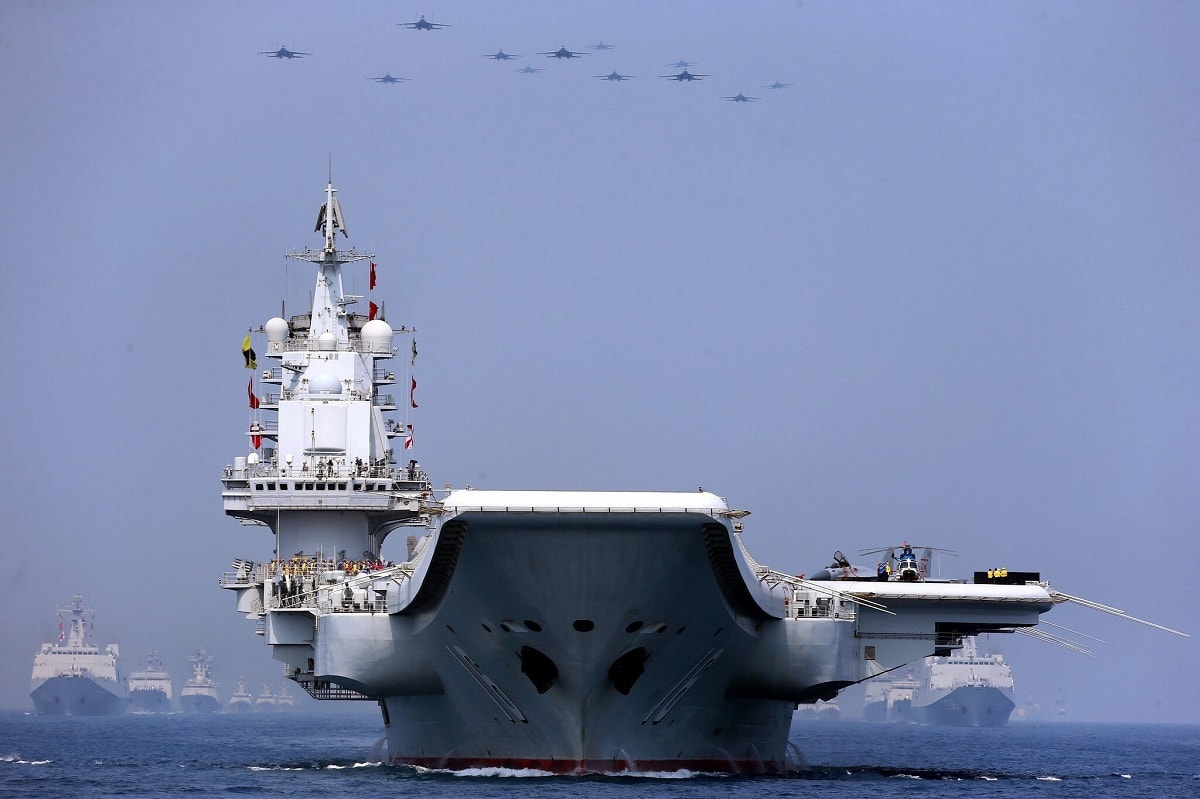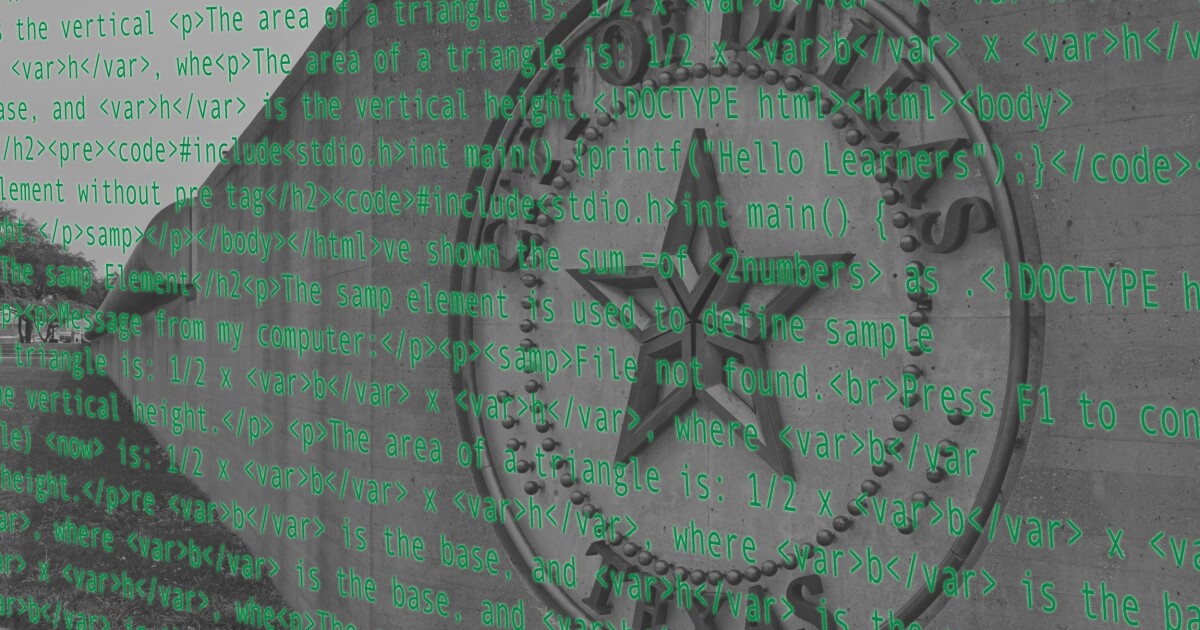A long march: China’s military-industrial espionage
This article is adapted from the authors’ new book, Battlefield Cyber: How China and Russia are Undermining our Democracy and National Security (Prometheus, August 2023, available for preorder here).
Recent revelations that Chinese state-sponsored hackers penetrated US critical infrastructure and have the ability to disrupt oil and gas pipelines, rail systems, and the US Navy’s communications in the Pacific theater should come as no surprise. China’s pursuit of digital dominance has been decades in the making.
Reveille for China’s planners was sounded in the early 1990s during the Gulf War, in which the United States and its allies effortlessly toppled Iraqi forces. The first conflict of the digital era demonstrated to Chinese strategists the critical role of information technology on and off the battlefield.
Chinese leaders watched with dismay as the American military routed and dismantled the Iraqi military in what is considered one of the most one-sided conflicts in the history of modern warfare.
Going into the first Gulf War, Iraq’s military was ranked fourth in the world – having ballooned to more than a million troops who had been trained on weapons financed by the West to fight its bloody eight-year war with Iran.
The Chinese military, although larger in headcount at the time, paled in technological comparison with the forces commanded by Saddam Hussein. At the time, China’s air force consisted of a few fighter jets, mostly of its J-7 model – an indigenously produced replica of the Russian 1960s-era MiG-21.
Iraq’s air force, by contrast, was made up of far more advanced fighters, such as the Russian MiG-29, and its planes were supported by advanced antiaircraft missile defense systems. Yet even those advanced weapon systems proved wholly ineffective against 1990s-era American technology.
“The Chinese looked at Iraq and saw an army similarly equipped as theirs with old Soviet weaponry, and they saw how quickly the Iraqis were taken apart,” says analyst Scott Henderson of the cybersecurity firm Mandiant. Henderson was with the US Army at the time, specializing in China.
“A lot of the ease of victory had to do with the…


